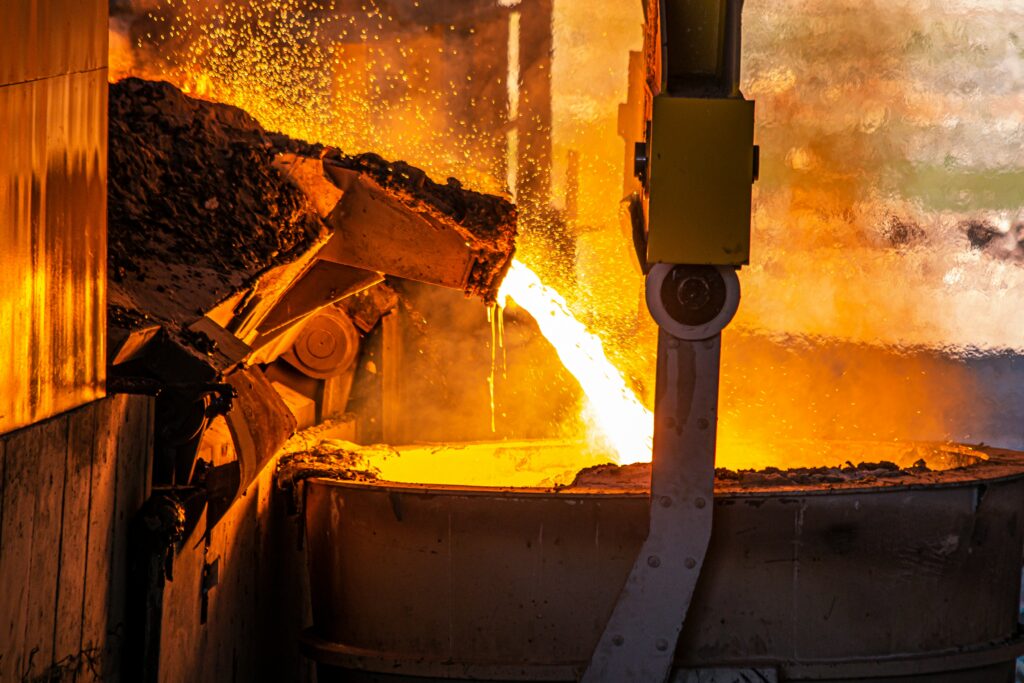
ARENA
Investigators: Prof. Yansong Shen (Chemical Engineering UNSW), A/Prof. Pramod Koshy (Materials Science and Engineering UNSW), A/Prof. John Mathieson (Adjunct) (Chemical Engineering UNSW), Dr. Yuting Yu (Chemical Engineering UNSW), Dr. Xiaobing Yu (Chemical Engineering UNSW)
Industry Partners: Rio Tinto, Bluescope Steel (AIS), The University of Newcastle, The University of Queensland, University of Technology Sydney, Cleantech Energy Australia, JCED Australia, Australian Coal Research, ArcelorMittal France, Baowu Steel (China), Sinosteel (China), Northeastern University (China)
Timeframe: 2024 – 2029
This project was selected as part of the competitive Iron and Steel R&D Funding Round under the Transformative Research Accelerating Commercialisation (TRAC) Program. This aims to create solutions for Australian iron ore, predominantly comprised of lower grade ore, and to decarbonise domestic steel production.
The majority (~70%) of global steel production is via the blast furnace – basic oxygen furnace (BF-BOF) route. In a carbon-constrained global steel market environment, low-emissions iron and steel making technologies are crucial. The Australian iron ore and steel industry faces significant challenges to decarbonise due to the fossil-derived carbon materials used for transforming iron ores to steel and the abundance of low-medium grade iron ores which are generally not suitable for processing through the conventional direct reduced iron (DRI) based electric arc furnace (EAF) route. The RISB process has the potential to transform the processing of lower-grade iron ores through the existing BF-BOF steelmaking route to lower emissions operations in the short to medium-term.
The project has two stages:
- Core Research Stage (3-years)
- Numerical experiments for process design, optimisation and screening, lab scale measurements of the properties and reaction kinetics of charging and injecting materials, and benchtop scale tests for RISB process demonstration and engineering
- Research Commercialisation Stage (1 year)
- Technology evaluation consisting of a lifecycle analysis, technoeconomic analysis and risk analysis and perform blast furnace plant tests with expected advancement from TRL3 to TRL 7.
- Reduction in, or removal of, barriers associated with using lower-grade Australian iron ores in low emissions iron and steel production through demonstration of the RISB process in blast furnaces
- Improved understanding in optimising the integration of top charging low-grade Australian iron ore and/or biocoke with injections of fine-ferrous feed, hydrogen-rich gases and biochar into blast furnaces
- Increased research capacity in the Australian iron and steel sector, and the facilitation of collaboration between research groups and industry, and
- Improvement in the technology readiness and commercial readiness of the RISB process.
